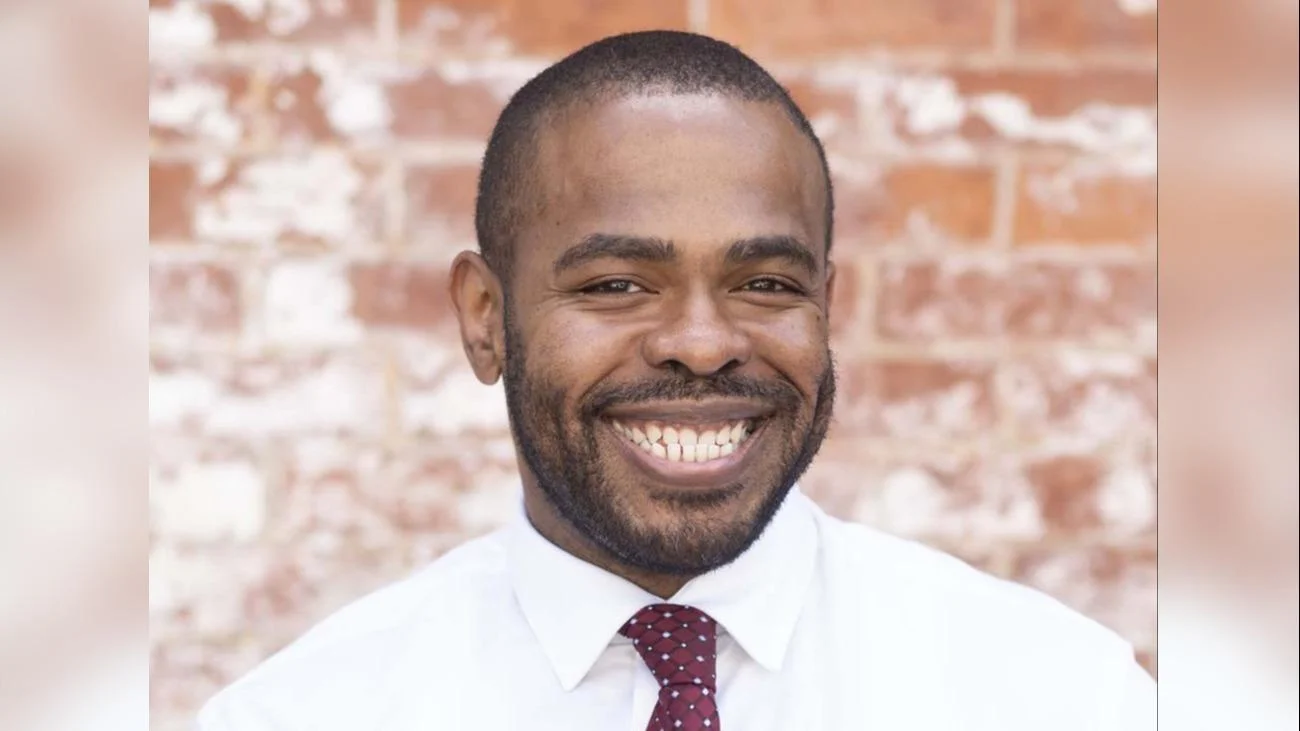
In June 2024, U.S. Surgeon General Dr. Vivek Murthy declared gun violence a national public health crisis. This announcement highlighted the need for a comprehensive approach to address this issue, focusing on initiatives like community-based violence intervention and prevention (CBVIP) programs in New Jersey. These programs are gaining recognition as essential health initiatives, offering opportunities for increased investment and research into their positive impacts on schools.
Community-based violence intervention and prevention involves community-led safety approaches that emphasize wellness and healing over arrest and detention. CBVIP services not only respond to acute violence but also tackle root causes such as trauma and adverse childhood experiences. They focus on individuals closely affected by violence, including both victims and perpetrators, providing support to reduce retaliation or re-victimization. Their impact extends beyond individuals to communities and schools, where staff collaborate with CBVIP professionals to de-escalate situations.
In Newark, CBVIP professionals work with schools to assist students traveling to and from school. The 2022-23 NJ School performance report noted a significant drop in chronic absenteeism rates in Newark Public Schools—from 28.1% in 2021-22 to 12.7% in 2022-23—below the state average of 16.6%. The report also recorded declines in police notifications and out-of-school suspensions during the same period.
CBVIP services complement local law enforcement by connecting police with underserved communities often wary of them due to historical over-criminalization trends among Black and Brown youth. Grassroots CBVIP efforts help law enforcement understand community needs while holding them accountable.
Several elements comprise violence intervention and prevention:
Street outreach is crucial for preventing youth harm, employing credible professionals familiar with local risk factors impacting mental health and causing violence.
Hospital-based Violence Intervention Programs (HVIP) offer support to severe violence victims while they receive hospital care, aiming for holistic healing plans crafted alongside victims.
Trauma recovery services provide safe spaces for survivors of various forms of violence, offering confidential mental health services without charge.
Community education empowers youth through topics like financial literacy, addressing root causes of violence such as trauma and socio-economic status.
New Jersey's Office of the Attorney General (OAG) has allocated nearly $115 million since 2021 towards CBVIP work through competitive funding channels. The OAG established the Division of Violence Intervention and Victim Assistance (VIVA) in 2022 to centralize support for these organizations while creating the Office of Alternative Community Responses (OACR) in 2024 to assist law enforcement connections with community safety leaders.
Despite these efforts, grassroots CBVIP organizations face sustainability challenges due to competitive grant processes and funding issues reported by OAG officials. Prioritizing funding for organizations adhering strictly to this model might be optimal given limited resources available today; further studies exploring how effectively CBVIP reduces chronic absenteeism/over-discipline within schools would help bolster its case long-term too—highlighting benefits beyond individual interventions alone!
Notable NJ Violence Intervention Organizations include Atlanticare Anti-Violence Coalition Hudson County Capital Health System Center Family Services Hackensack Meridian Health H.U.B.B Arts Trauma Center Newark Community Street Team Paterson Healing Collective Reimaging Justice Inc RWJ Barnabas Health Jersey City Medical Center Salvation Social Justice Trenton Community Street Team Isles Inc Youth Advocate Programs Inc